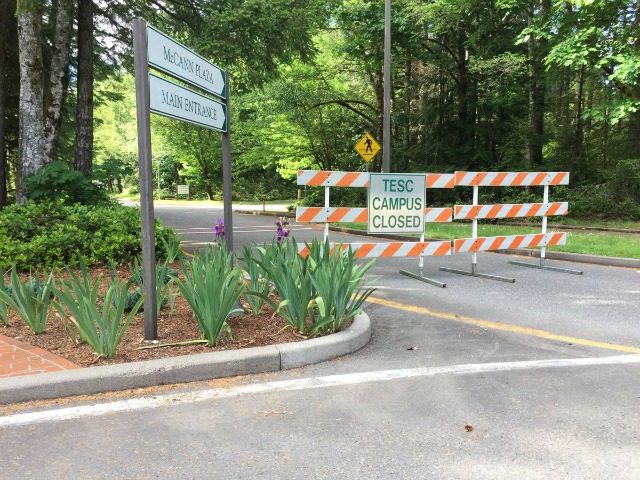Evergreen State College is introducing a new course in the upcoming fall semester on the importance of engaging with diverse political viewpoints.
Evergreen State biology professor Michael Paros is set to introduce a new course next fall on the importance of viewpoint diversity on college campuses. Paros, a former veterinarian, testified at a Washington State Senate hearing last June on the chaos that broke out on campus after Paros’ former colleague, Bret Weinstein, took stand against an activism event that demanded that all white Evergreen community members leave the campus for a “day of absence.”
Paros’ new course was undoubtedly inspired by the events that took place at Evergreen State last spring. During the State Senate hearing on the Evergreen chaos, Paros condemned the college, claiming that the community “reinforced its own beliefs at the expense of others.”
“My rewarding teaching experiences have been when my mostly left-leaning students have prompted me to examine my own views on controversial issues,” he said during the hearing.
“This is a story about of how a Democrat-voting veterinarian working mostly with Republican livestock owners became a bigoted professor at a left-wing progressive liberal arts college. It is about a collection of professors that are so blinded by their advocacy that they cannot fathom different viewpoints,” he added.
“Evergreen administrators sent out ominous notices labeling free speech advocates and persons who do not agree with official campus opinions as potentially violent,” he finished.
In an interview with The College Fix, Paros said a course on viewpoint diversity is necessary for Evergreen State at this point in its history. The course, which is called “Liberal Education in the College Bubble,” will force students to engage with various perspectives on hot-button political, social science, and moral psychology issues.
“I had been thinking the college needed a course like this. I was sensing the level of self-censorship and lack of viewpoint diversity on campus,” Paros said in a phone interview.
Although the course needs 10-25 student sign-ups before it can proceed, Paros is hopeful. “I don’t how the course will be received or how many students would seek it out, but I am hopeful there are college students who the see the value in this type of program,” he said.

COMMENTS
Please let us know if you're having issues with commenting.